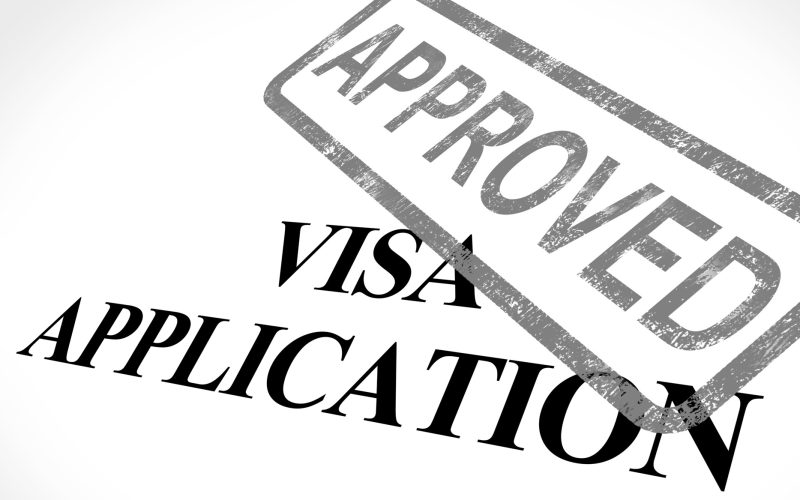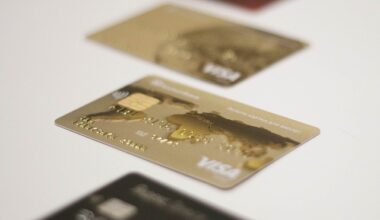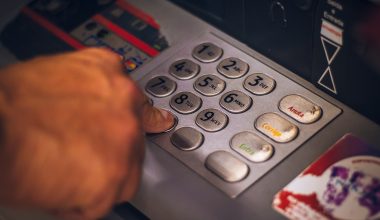What is it?
The EU Blue Card is a temporary residence permit that gives highly skilled non-EU nationals the opportunity to work and live in the European Union, and is issued for four years principally. If the duration of the employment contract is shorter than four years, then EU Blue Card is issued for the duration of the employment contract, plus three months. It can be extended if the requirements are met. A permit from the competent immigration authority is required for any change of job within the first two years of employment.
Who qualifies for a Blue card?
-One should have a German degree or a recognised foreign university degree. Information on the equivalence and recognition of foreign degrees is available at www.anerkennung-in-deutschland.de
-One must have an active job offer that offers annual gross earnings of at least 56400€ and the position must match your qualification. If you have a background in IT, mathematics, natural sciences, engineering or human medicine (medical doctors), your annual gross salary would need to be at least 43,992€. In this case, the approval of the Federal Employment Agency is required.
What happens next?
-You will first receive a German visa for a period of 3 to 6 months after successful application at the diplomatic mission in your country of origin. Once in Germany, you will have to convert your visa into a residence permit at the immigration office of your city of residence (Ausländerbehörde).
-If you are from Australia, Israel, Japan, Canada, the Republic of Korea, New Zealand or the United States of America, you can enter Germany without a visa and directly apply for the EU Blue Card within the country, within 3 months. However, you cannot start working until the Blue Card is issued to you.
-Individuals who have held an EU Blue Card in another EU Member State for at least 18 months may enter Germany without requiring a visa. They have to apply for an EU Blue Card in Germany at the immigration authority that is responsible for the place where they live within one month of entering the country, they may take up employment once the EU Blue Card has been issued.
-It takes between five to six weeks to hear back a decision from the Ausländerbehörde regarding your German Blue Card application. The Foreigner’s Authority will work in cooperation with the German Federal Employment Agency to issue your residence and work permit.
– The fee for a German Blue Card is €110. However, it may range in cost between €100 to €140 in different German constituent states.
Advantages of the Blue Card compared to a normal German work permit?
-Family reunions are easy to arrange (less bureaucracy). We have an article in detail on FRV which you can go through
-The spouses of Blue Card holders are entitled to a residence title, without any knowledge of German and can take up employment immediately
-It’s much quicker to obtain a settlement permit. In fact, after only 33 months in Germany and an A1 level in German, it is possible to obtain a permanent residence permit.
With a B1 level, permission can even be granted after only 21 months. In case you are looking to learn German online then you can look here.
Documents required?
(Provide original plus 2 copies per document)
– Valid passport.
-Visa (if applicable).
-2 passport pictures according to biometric specifications.
-2 completed and signed application forms.
-Curriculum vitae of professional career, including certificates, diplomas, etc.
-German or otherwise recognised equivalent university degree.
-Contract/binding job offer with details of gross annual salary.
-Proof of stay in your country of origin (e.g., employment/ student confirmation).
-[Once your visa has been accepted] Travel health insurance for the time frame from arrival in Germany until beginning of employment.
The travel insurance needs to include details about coverage
– [Once your visa has been accepted] Proof of German health insurance valid from date of employment (not to be confused with the travel insurance).
Do you lose you Blue card Privileges if you change or lose your job?
No, you do not automatically lose your German Blue Card if you lose or change your job.
-If you lose your job, you have a three-month period during which you can look for another qualified position. You must then get a German Blue Card according to your new employment.
-If you change your job, you have to notify the Foreigner’s Authority, so they can adjust your Blue Card accordingly.
Make sure that your application documents are complete! Incomplete applications may result in rejection of the visa.
Depending on your country of origin, you may be requested to provide additional documents.
Please note that German Embassies reserve the right to ask for additional documents at any time during the processing. Submission of the above-mentioned documents does not guarantee that a visa will be granted. Idea was to keep the information compact, but if you are looking for more details then, look here https://visa.diplo.de/en/index.html#/vib/infoseite?infoseiteUrl=visum_blaue_karte
If you would like to get some more information, on the various other visa categories available to come to Germany, then you can read all about it here









1 comment